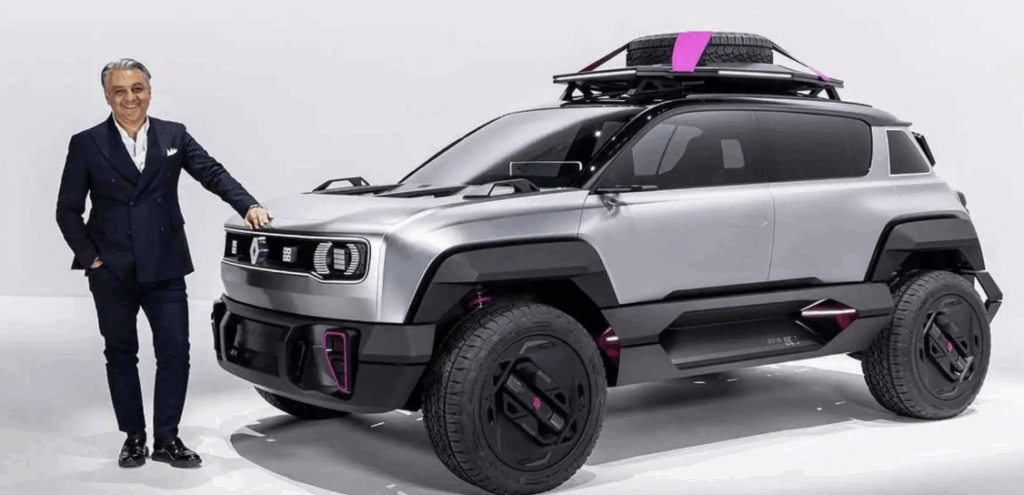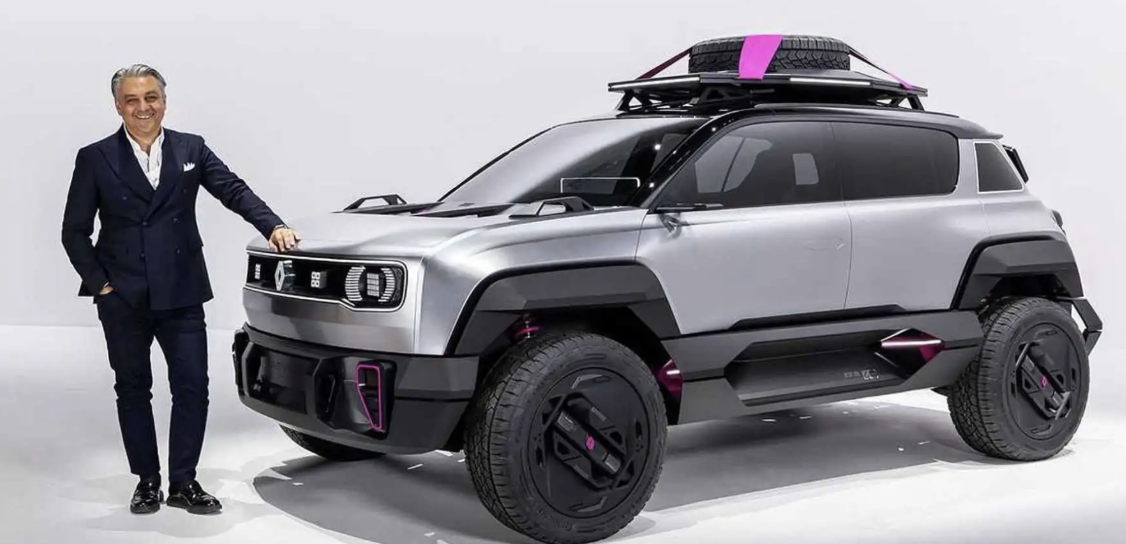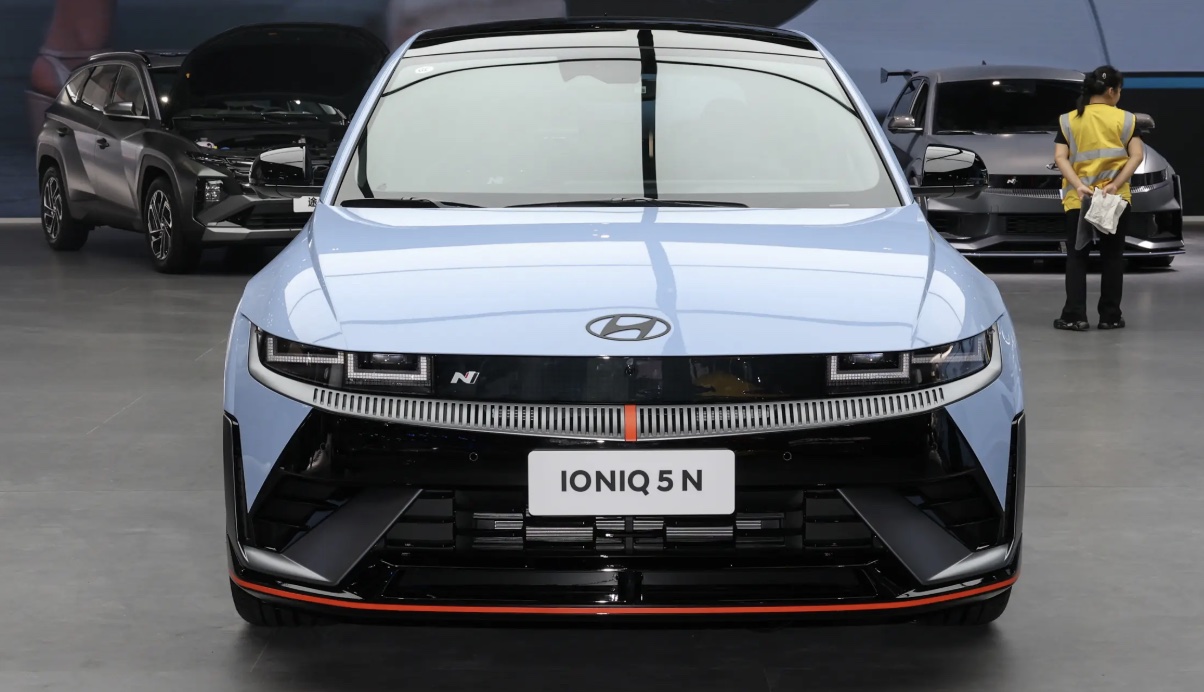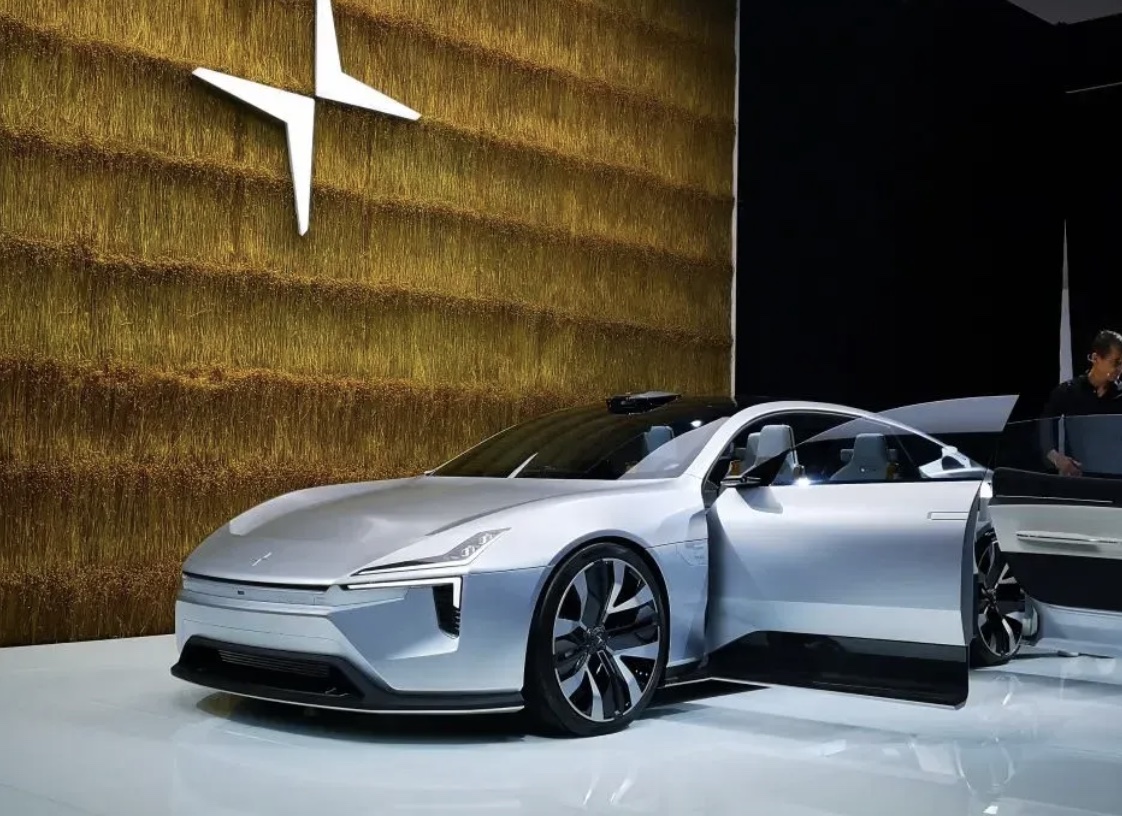On June 15, Renault Group Chief Executive Officer Luca de Meo announced in a statement that he will step down from his position as CEO effective July 15, citing a desire to “pursue new challenges outside the automotive industry.” According to foreign media reports, the Renault Group Board of Directors has begun the process of selecting a new CEO. Francesca Bellettini, Deputy CEO of Renault, and Jean-Marc Duplaix, Chief Financial Officer, have been identified as internal candidates, though the board may also consider external contenders.

Move to Kering Group
According to Le Figaro, Luca de Meo is expected to succeed French billionaire François-Henri Pinault as Chief Executive Officer of luxury giant Kering. There had been speculation that Kering was considering splitting the roles of Chairman and CEO, both currently held by Pinault. Neither Renault nor Kering has responded to requests for comment. Kering’s portfolio includes major luxury brands such as Gucci, Saint Laurent, and Balenciaga.
Career Background
Born in Milan, Italy, in 1967, de Meo graduated in Business Administration from Bocconi University before starting his career in the automotive sector at Renault. He later held roles at Toyota Europe and Fiat Group. In 2009, he joined Volkswagen Group, where under his leadership, the SEAT brand broke sales records for two consecutive years, reaching a cumulative 574,000 units.
In July 2020, de Meo became CEO and Chairman of Renault, the first foreign national to hold the position in the company’s 122-year history. He spearheaded a sweeping transformation strategy for the group. In June 2023, he was also appointed CEO of Renault’s electric vehicle subsidiary, Ampere, to lead its spin-off and eventual public listing. In March 2024, he initiated a new strategic restructuring plan, focusing on corporate optimization and innovative business development.
Crisis Years at Renault
Renault had been struggling before de Meo took over. In 2019, the company posted its first annual loss in a decade, with a net loss of €141 million and operating income down 30% to €2.11 billion. The Carlos Ghosn scandal—his dramatic flight from Japan—had deeply shaken confidence in the Renault-Nissan-Mitsubishi alliance, fueling internal disputes over control between Renault and Nissan, weakening performance across key markets, and dragging Nissan’s profits back to levels not seen in 20 years.
The global COVID-19 pandemic in 2020 further worsened Renault’s situation, resulting in a record annual net loss of €8.05 billion. Upon assuming leadership, de Meo announced aggressive cost-cutting, including reducing global production capacity by one-quarter, raising cost reduction targets from €2 billion to €3 billion, and abandoning revenue and market share goals to focus instead on operating margin, cash flow, and return on investment. Renault also implemented sweeping layoffs, with plans to cut 14,600 jobs worldwide and reduce operating costs by €2 billion within three years.
The “Renaulution” Strategy and Recovery
Since 2020, de Meo has been credited with breathing new life into Renault through his ambitious “Renaulution” strategy, transforming the company from survival mode to becoming one of Europe’s most dynamic carmakers. In 2024, Renault Group sold 2.2648 million vehicles worldwide, marking steady growth. Renault brand sales reached 1.5774 million units (up 1.8% year-on-year), while Dacia brand sales reached 676,300 units (up 2.7%).
Financially, Renault Group reported revenues of €56.2 billion in fiscal 2024, up 7.4% year-on-year, with a record operating profit of €4.263 billion, up 3.5%, and an operating margin of 7.6%. Net income reached €2.8 billion, up 21% year-on-year. These results underscored Renault’s regained strength in the global auto industry and boosted investor confidence in the group’s potential.
Future Outlook
Over his five years at Renault, de Meo achieved a remarkable turnaround, guiding the company from heavy losses back to profitability. For a highly capable executive, the decision to seek new challenges after transforming a company is understandable. However, whether Renault’s next leader can maintain its renewed momentum—or push the company to even greater heights—remains to be seen.



